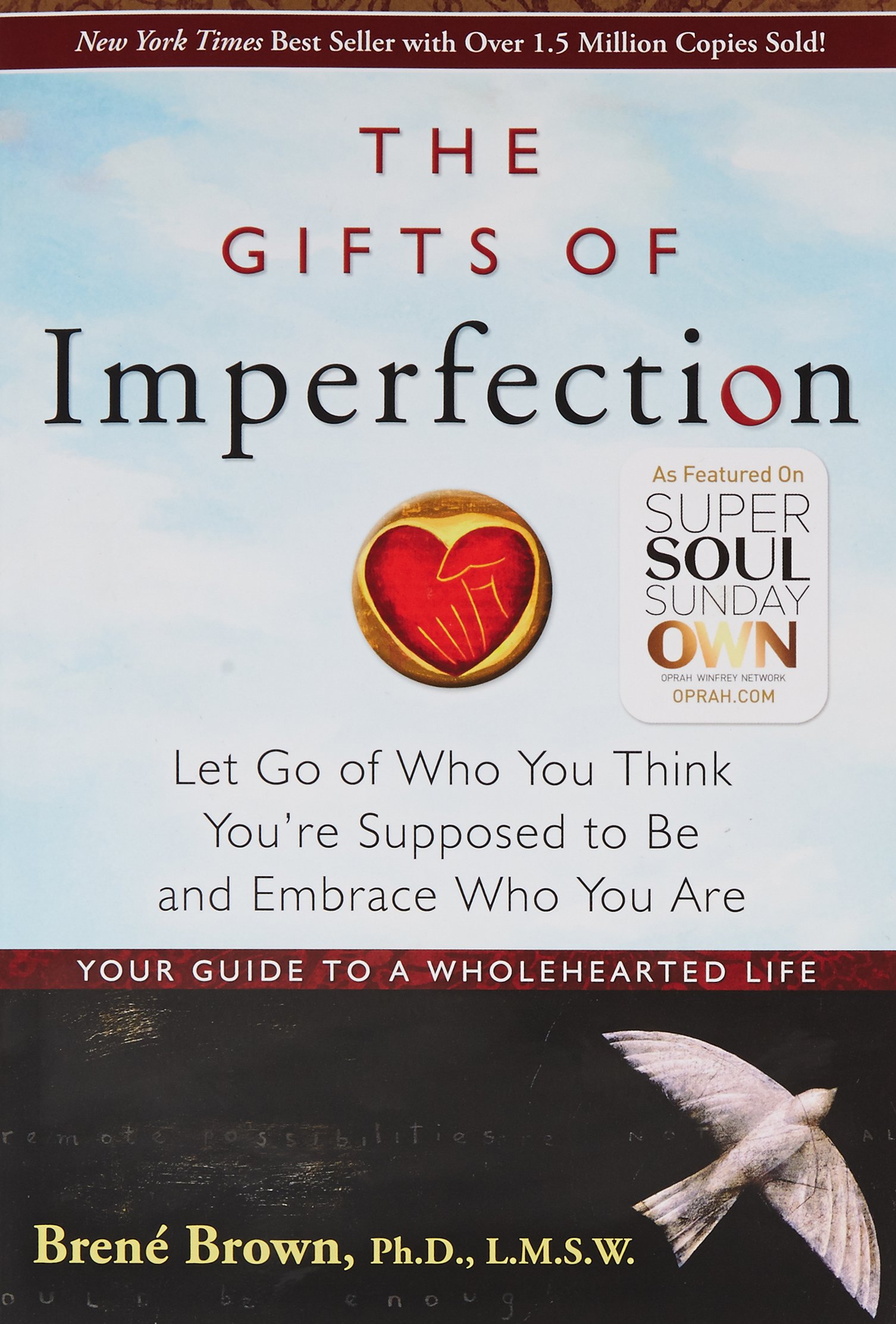
As journalists we are, by the nature of our profession, wedded and accountable to the public that we serve. Today, more than at nearly any other time in history, this relationship of trust and accountability is under siege. That it be re-established is important for the survival of journalism. Media professionals’ once unassailable role as arbitrators of reason and truth has been challenged by the proliferation of fake news and low-brow commentary on social media, and the dilution of journalistic integrity in networks’ and publications’ scramble for higher ratings and more clicks.
With the globalization of content, topics and the interests of readers – many journalists also move from being locally to globally relevant. In the US, nearly two thirds of adults use social media to get their news. On these social media platforms stories are shared faster, wider and to a more diverse audience than ever before.
One way in which journalists can re-enforce trust in themselves and their profession is to make their personas public and accessible to the readers they reach. With the range of platforms and information streams available to them, consumers of media can no longer assume that the content on their social media feeds is accurate. They need to practice more discretion in vetting the information, the sources consulted and its author.
In some ways I have not heeded the call to use my social media presence to foster a global brand that can engender the trust and vetting now required of journalists. I have always been an intensely private person and have avoided the revelation of anything about my personality on my social media feeds. I have enforced strict privacy settings on my Facebook page and if I share commentary with the content that I post, I ensure that this commentary is professional, dry and devoid of my character and personality.
I do this, because I have observed how over-sharing and instilling too much casual informality into your online persona can lend itself to assumptions that the user is not professional and serious. Yet, the downside is that if people cannot relate to you as a person, they will be less likely to fully relate to and trust your assessment, reporting and content.
So, in fostering a visible and global brand online, via social media I think it necessary to find a balance between dry professionalism and personality driven individualism. The latter, an area into which I need to develop, requires a self-confidence from which other people’s and readers confidence in you can grow, while not losing the best elements of the professionalism that a more dry and generic approach necessitates.
Image credit: Mr Organik

